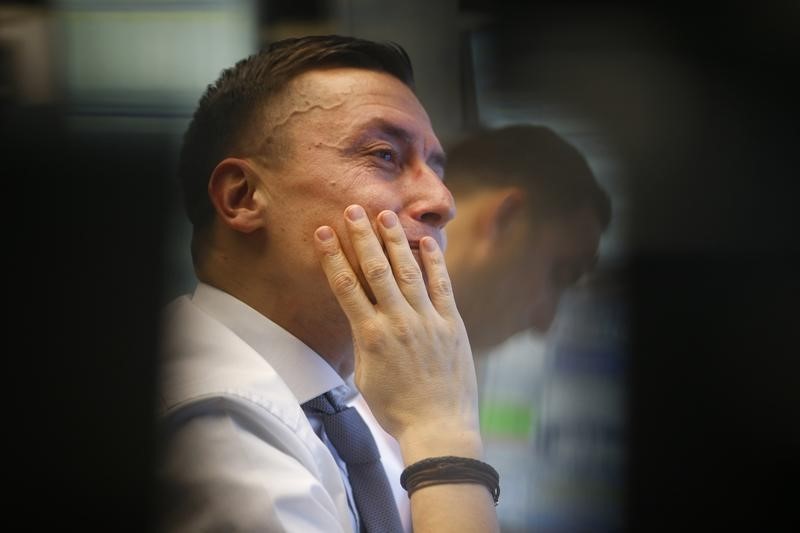 © Reuters. Ex-Treasury Chief Paulson Sees China Impasse Ending in Win-Win
© Reuters. Ex-Treasury Chief Paulson Sees China Impasse Ending in Win-Win(Bloomberg) — Trade tensions between the U.S. and China are likely to subside, as Beijing increasingly recognizes the need to open its economy to global competition, former U.S. Treasury Secretary Henry Paulson said Thursday.
“The Chinese are prepared to have some concrete market openings, structural reforms and other steps that, particularly if they could accelerate the timeline a bit, would be a win for both countries,” he said at a China Institute executive summit in New York. “And that’s where this current tariff impasse should end, and I actually think will end.”
Paulson, who founded a research group that promotes U.S.-China relations, spoke amid growing trade tensions between Washington and Beijing. The two powers have threatened to levy steep tariffs on $150 billion of each other’s goods, though their rhetoric has softened in recent days. President Donald Trump said Thursday he may scrap plans to impose new duties on Chinese imports if the Asian nation lowers its trade barriers.
Paulson, 72, noted that China has slowed and halted reforms lately that would have made it easier for American firms to compete in the Asian nation. He called on the two countries to hold negotiations and establish timelines for China to open its economy, adding that a trade war would hurt both economies.
See What a Trade War Between the U.S. and China Would Look Like
“The frustration in Washington — in Congress and the Trump administration — is understandable because it arises from business frustration and from public anger,” Paulson said. “The economic relationship which benefits both sides, and has benefited both sides for a while, is in my judgment way out of balance.”
Fusion Media or anyone involved with Fusion Media will not accept any liability for loss or damage as a result of reliance on the information including data, quotes, charts and buy/sell signals contained within this website. Please be fully informed regarding the risks and costs associated with trading the financial markets, it is one of the riskiest investment forms possible.
Source: Investing.com




























